I’m not a big fan of the term “family friendly”. It feels rather patronising. When something gets branded as “family friendly”, I immediately assume that they have nothing of any actual importance to say. To call a film “family friendly” is to say that the film has no sex, drugs or vulgar language, it is palatable to each generation’s mindset and can speak to every ideology. But when you’re speaking to everyone without making anyone uncomfortable, are you really saying anything of substance?
Laapataa Ladies (Lost Ladies), directed by Kiran Rao, is a tale set in 2001 where two young brides donning a similar veil, get swapped in a train when they’re on their way to their respective sasural (in-law’s house).
Sure, there’s a space for “family friendly” films in Bollywood, after all, not every film has to be dense in its commentary and nuanced in its take, but it’s that exact generalised understanding of big issues that prevents these “family friendly” films from reaching the cinematic heights it could reach. Having said that, a recent release managed to change my understanding of what “family friendly” releases could be.
Laapataa Ladies (Lost Ladies), directed by Kiran Rao, is a tale set in 2001 where two young brides donning a similar veil, get swapped in a train when they’re on their way to their respective sasural (in-law’s house). Mistaken identities, or rather lost identities, ensue as family members and a corrupt police officer begin their search to find them and sending them to the “right place”.
The anticipation to watch Laapataa Ladies
After reading the early reviews that came out from the Toronto International Film Festival 2023 where it was first premiered, I was eager to watch this small-town comedy about mistaken identities. As time went on, Oscar season arrived, and I got busy with watching all the prestigious cinema vying for the gold statue. On 1st March, when Laapataa Ladies finally released in India, I knew my weekend was set.
My mother, who suffers from chronic pain, was going through another bout of pain where all the energy was drained out of her. Her BP was on its way up, her sugar levels were fluctuating, and her head was badly aching. But since she is also a writer, upon hearing the plot of the film, she couldn’t resist a good comedy of errors and gathered up enough energy to go to the PVR. We knew that a good story could heal the pain, even for only a few moments.
After reading the early reviews that came out from the Toronto International Film Festival 2023 where it was first premiered, I was eager to watch this small-town comedy about mistaken identities.
On the other hand, I had my nanima (maternal grandmother), who is in her early 80’s and even with all her age-related issues, still manages to be the most active person in the house. I had a feeling that she’d enjoy herself because I had ascertained enough from the positive reviews that it would be a good watch. And mind you, she’s a harsh and honest critic who doesn’t like to waste her time on boring stuff.
In hindsight, the standout part of the entire film-watching experience, for me, were the trailers that preceded that film because they acted as the perfect juxtaposition of where Hindi cinema currently stands. I didn’t see a single film that I could bring my nanima to the next time around. It was all either loud action films with military-heavy jingoism or “quirky” comedies with a sprinkle of slurs thrown in for good measure. All of this contrasted nicely with an earnest title card of Laapataa Ladies that proved how different this film was from the current slate of films being released.
Symbolism and real life
In Laapataa Ladies, it’s the identical ‘ghunghat’, or the veil, that swaps the two main female characters. Many critics have rightly caught on the symbolism of the ghunghat here – of how it takes away the identity of the woman wearing it, turning her ‘laapataa’ in the process. In one of my favorite reviews by Saraswati Datar for The Indian Express, she explores through the lens of this film how women are socialised to constantly feel guilty about not being good enough in the roles they are societally conditioned to play. In such a situation, I feel like I can call myself lucky enough to be born into a family where I have examples of women who have been stubborn enough to hold on to their identities.
At a time when women and girls were seen as nothing more than a baby-making machine (especially in states like Rajasthan and Haryana, where we’re from), my nanima got her MA, M.Ed and became the Principal of a school. Obviously, it helps that my nanaji was a man of feminist ideals, but my nanima didn’t shy away from the opportunity and made sure to also financially educate herself. Even today, if you saw her, since she’s very religious and family-oriented, you probably wouldn’t assume that she has such firm beliefs about women being financially independent. Even now, she never tires of reminding me of the practical nature of the world and the importance of having one’s own money, and in turn, having your own identity.
But we are all ‘laapataa’ in one way or another. Even when we have our identity with us, holding on to it is a lot of work and can get tiring at times.
My mother, on the other hand, had to fight a little harder for her identity. Married to an Army officer, she was given the title of “Mrs. Yadav” in the Army bubble. Her first name, her wants and needs, her ambition were all taken away from her in order to support her husband, my father, do his job in the military. To become Vandana Yadav, Hindi Writer, she had to face a lot of pushbacks from family and society, alike. And now, holding on to that identity is another struggle in itself because the society around us hasn’t changed.
I know for most people “settling down” means marrying and having children, but for my sister and I, “settling down” has always meant financial independence and an independence of identity. My mother always said, ‘you have to settle down first before getting married,’ and now she always makes sure that we know she’s proud of our independent mind.
The weight of identity in Laapataa Ladies
But we are all ‘laapataa’ in one way or another. Even when we have our identity with us, holding on to it is a lot of work and can get tiring at times. It’s a lot of responsibility, after all. It reminds me of the famous monologue from Fleabag where the titular character is sitting in a confession box and asking for someone to tell her how to live her life because she feels like she’s been getting it wrong. (The female guilt makes its entry again!) It’s the spiritual game of losing and finding our identity that keeps us all busy throughout our life.
In that sense, Laapataa Ladies worked as the perfect “family friendly” film that spoke to all the generations (oh yes, by the way, my mom and nanima loved the film), didn’t have any violence or abusive language, but most importantly, it made for a perfect film that had something deeper to say than just saying “ghunghat = bad”. It explored the many layers of self-identity without being pedantic about it. It also left significant space for the exploration of the unknown.
In her review of Laapataa Ladies Datar writes, ‘underestimating and overprotecting women are crimes that have gone unpunished for generations. But the biggest crime is to be constantly judgmental of her no matter what she chooses to do.’ Laapataa Ladies and the experience of watching it with my mother and grandmother reminded me how far we’ve come, and how far we still have to go.
Shivani Yadav is a popculture writer and literary translator. She’s currently studying Psychology and working as a translator at Chambal Media and Khabar Lahariya, India’s only grassroots feminist news organization. You can find her on X and Instagram and read her popculture newsletter.
About the author(s)
Shivani Yadav is a literary translator and popculture writer. Her work has appeared in literary journal, Kitaab, along with online websites like Firstpost, Bound India, Kunzum, LiveWire and Film Companion. She’s currently studying Psychology and working as a translator at Chambal Media and Khabar Lahariya, India’s only grassroots feminist news organization. You can find her on X and Instagram and read her popculture newsletter.
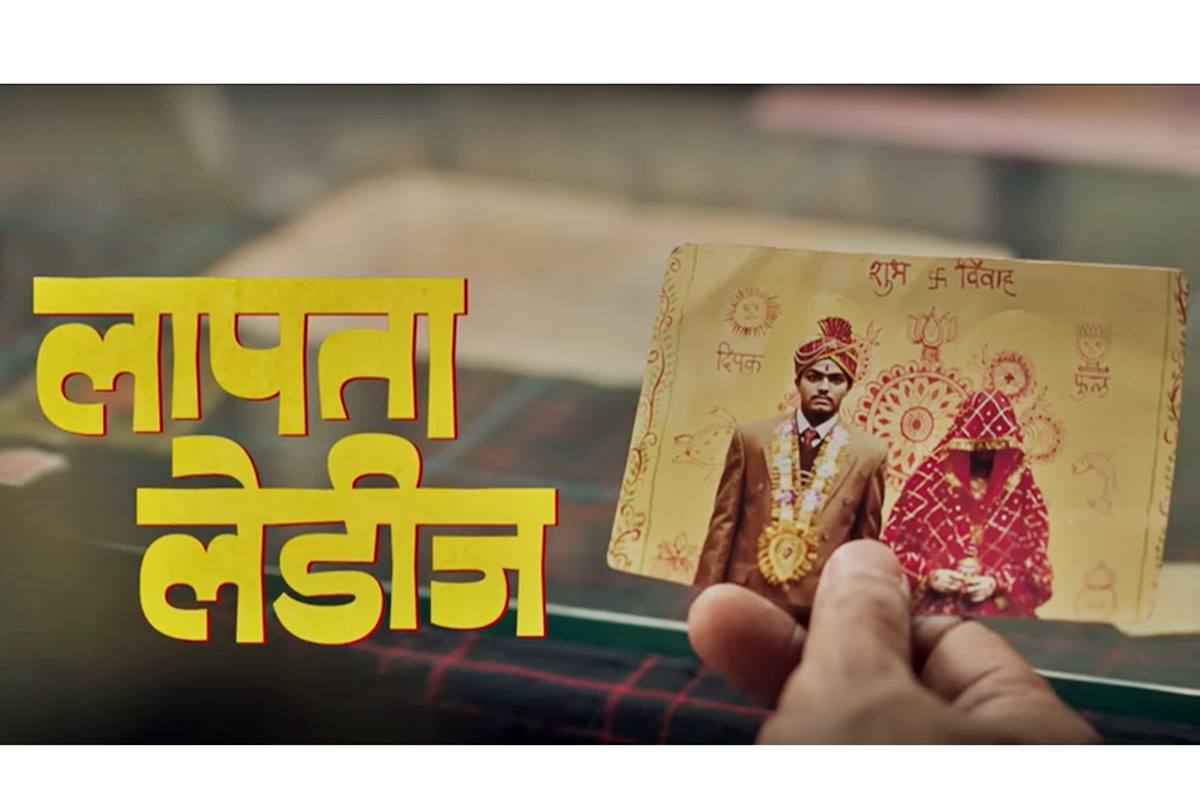
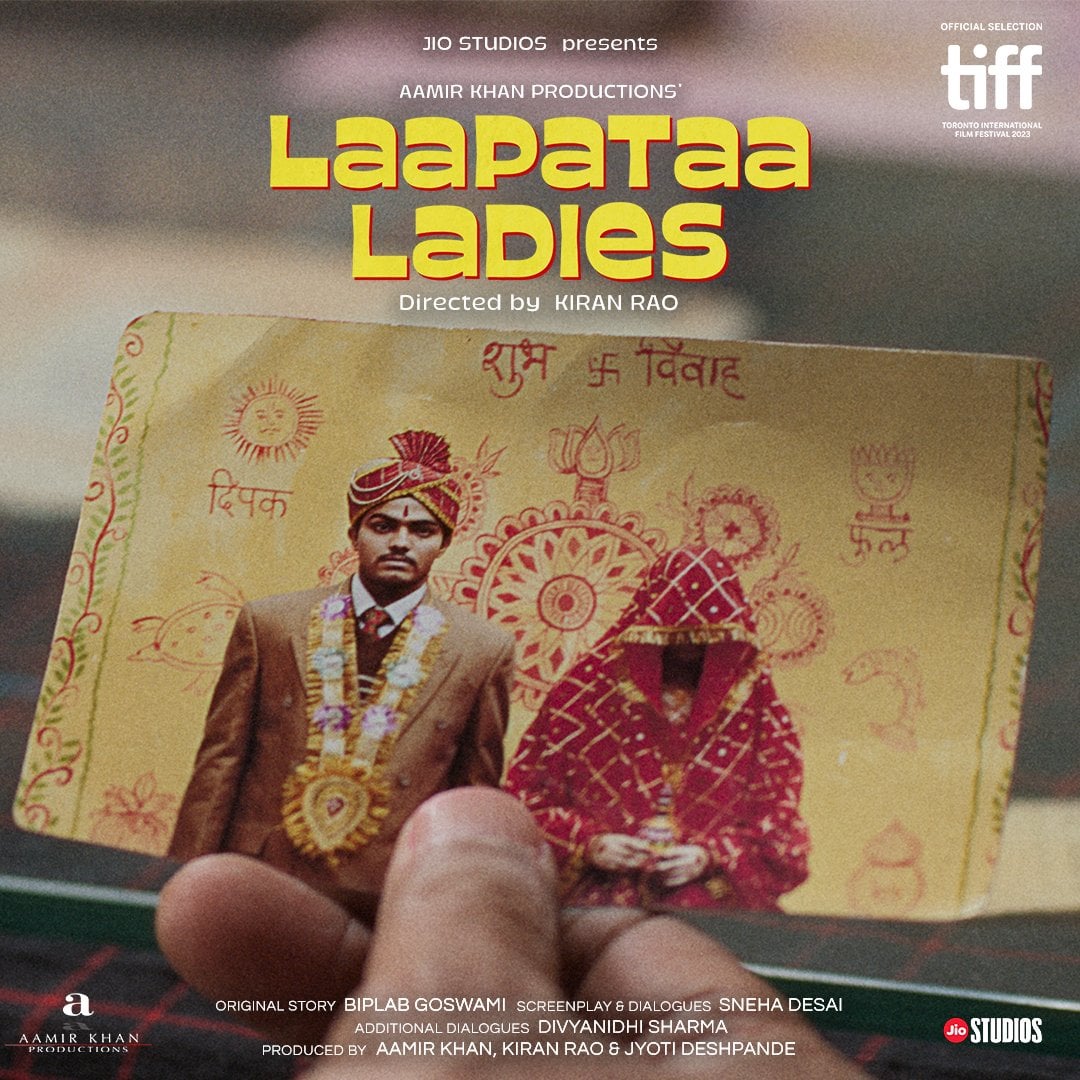
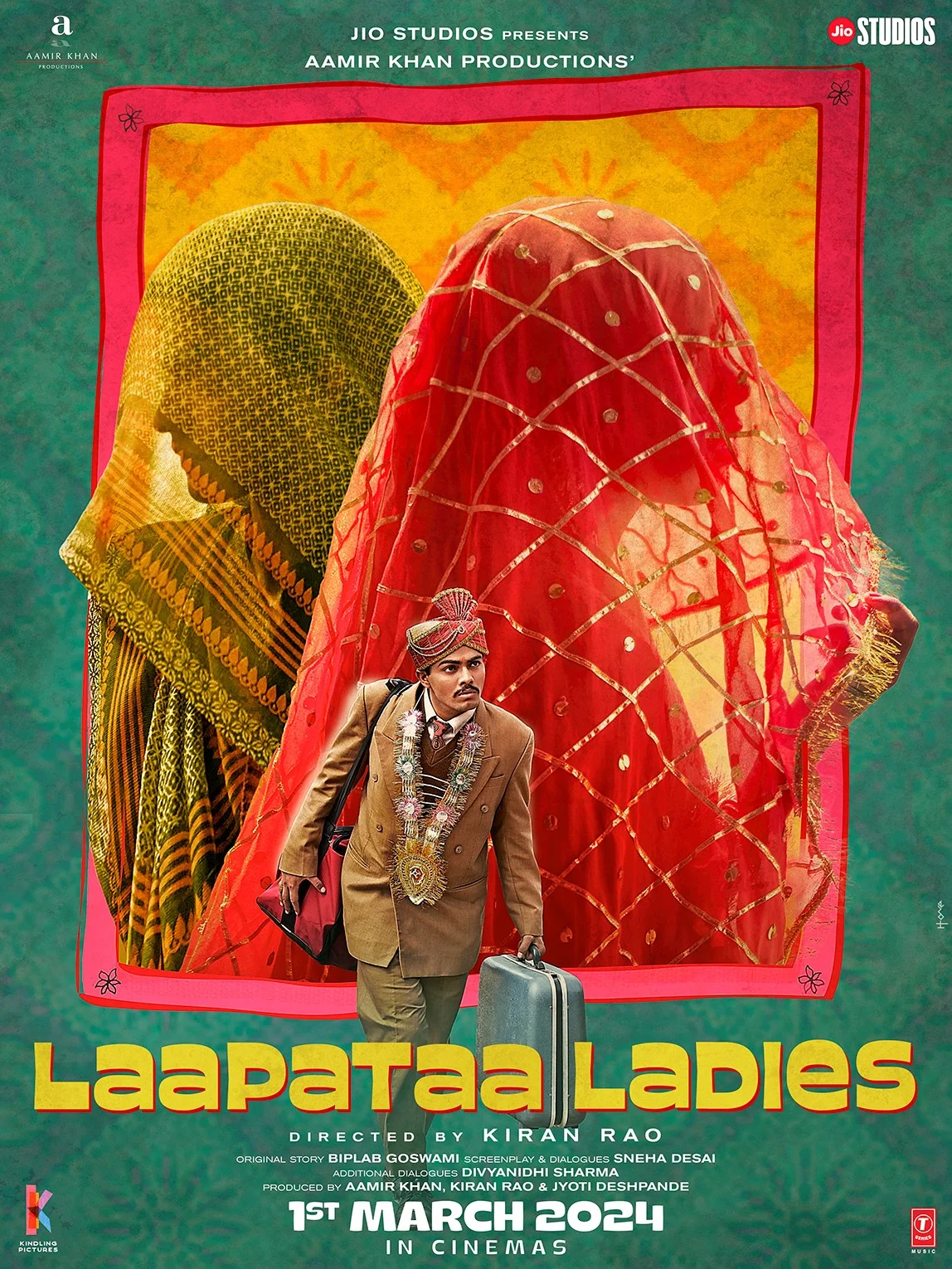
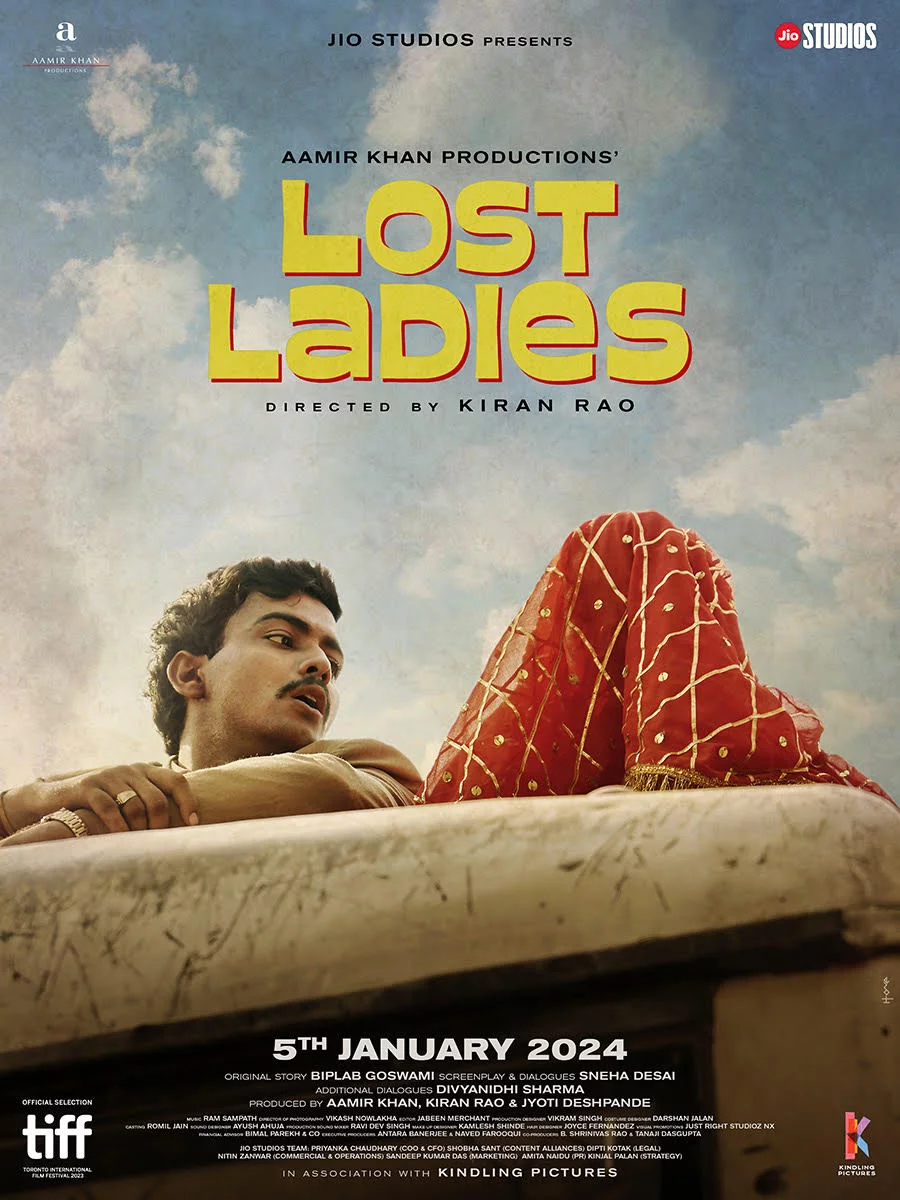
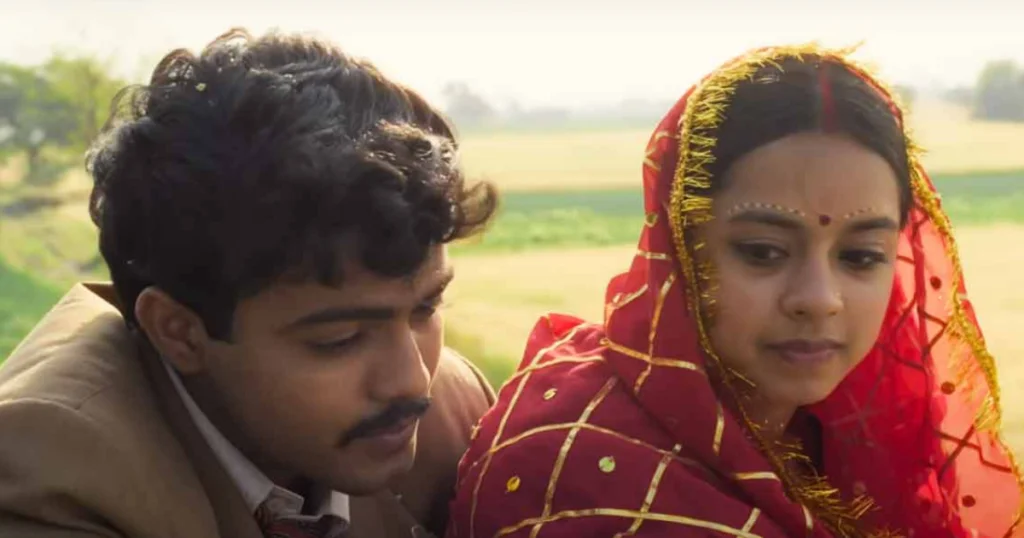




Extremely good…🌸
Excellent review and honest comments by Ms Shivani.
A wonderful tapestry woven around yourself and connecting it with the movie. God bless
Loved watching Laapataa Ladies with you and ma. It is a beautiful essay, beta. Love your writing!